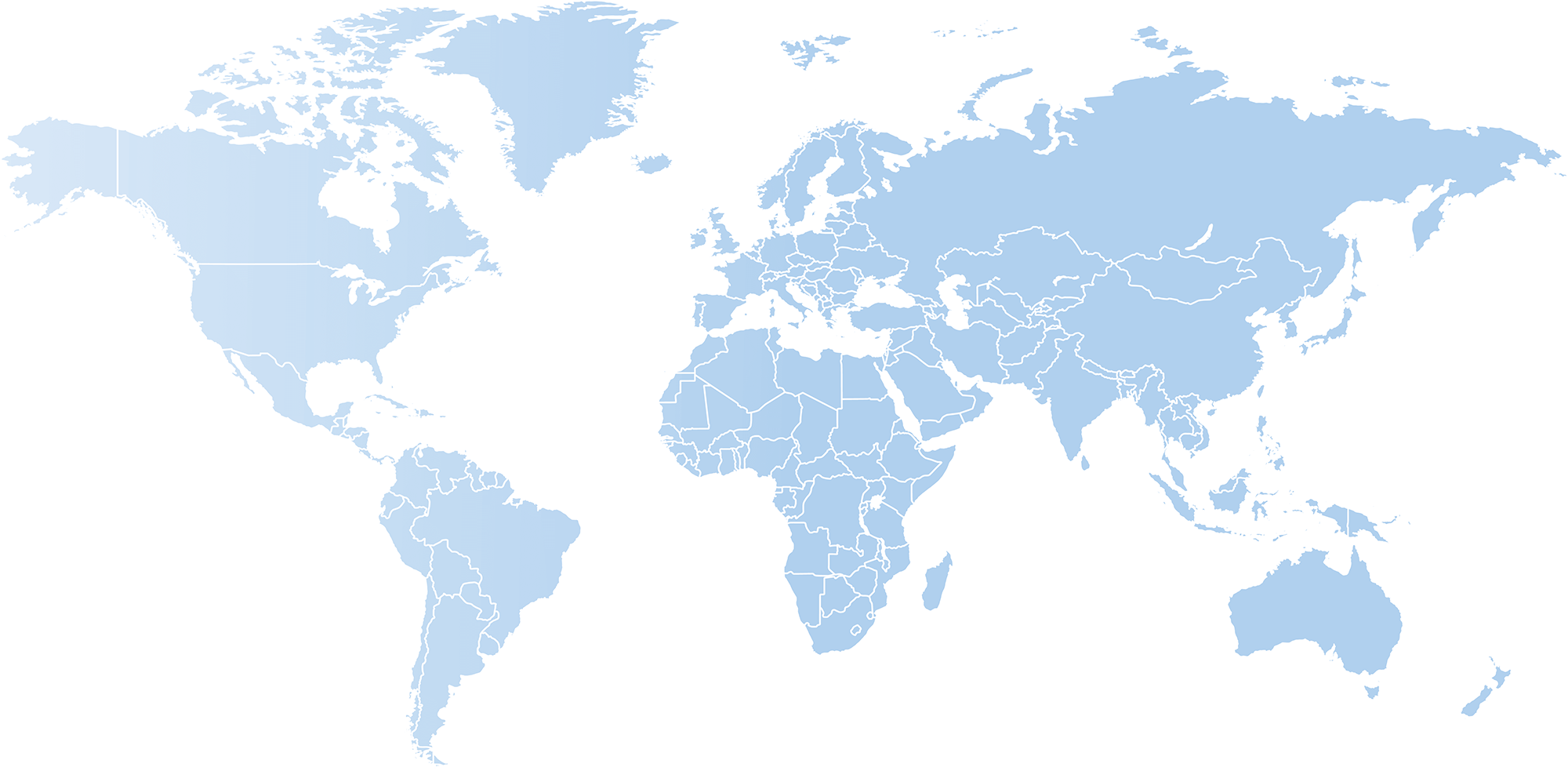In hopes of decreasing the chance of bringing new variants of the coronavirus into the country, the government of the Netherlands is enacting a ban on flights from the United Kingdom, Argentina, Bolivia, Brazil, Cabo Verde, Chile, Colombia, Ecuador, French Guiana, Guyana, Panama, Paraguay, Peru, South Africa, Suriname, Uruguay and Venezuela, effective Saturday, January 23rd.
- In addition to a ban on flights, a docking ban for ferries from the UK is also in force.
- At present the ban is expected to remain in force for one month, or until planned legislation on mandatory quarantine rules for travelers is in place.
In addition, all passengers traveling to the Netherlands by air or sea from high-risk areas must be able to produce a negative result on a rapid COVID-19 test performed shortly before their departure.
- The test must not have been performed more than four hours prior to boarding the aircraft or ship.
- This requirement is in addition to the existing mandatory negative test result for a PCR test performed no more than 72 hours before arrival in the Netherlands.
- In addition, travelers must self-quarantine for 10 days on arrival in the Netherlands, with the possibility of shortening to 5 days should the traveler test negative for Covid-19.
The government has also decided to reduce the number of exemptions from this and pre-existing bans. As a result, business travelers, students, highly skilled migrants, professionals from the cultural and creative sectors and people in long-distance romantic relationships wishing to travel to the Netherlands for a short period will no longer be granted entry.
- Pre-existing bans include travel bans for countries outside of the EU, which were in force since March 2020.
Resources:
- The Government of the Netherlands, Lockdown Measures Tightened in Response to Concerns About New Variants of Virus
- Business Insider, Global Air Routes are Cutoff as the Netherlands Imposes One of the Strictest Travel Requirements Worldwide


